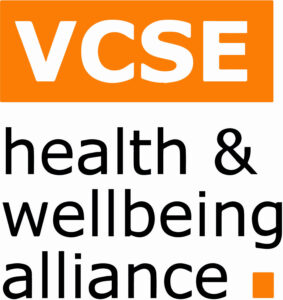Start where you are.
Do you, or other members of your team/organisation, have personal connections into faith communities?
Often the best links are the ones closest to us.
Local authorities.
Local authorities often have strong links with local faith communities. Local authority officers with responsibility for equalities or partnerships will usually be used to working with local faith leaders, and some inter-faith fora are sponsored by Local Authorities.
New networks.
Recent public health crises like COVID-19 and the rise in cost of living have led to the formation of new channels of communication and support across sectors. Often, the faith communities most involved in supporting in times of crisis are best poised to engage in new initiatives. Find out which places of worship became vaccination centres or warm spaces, locally, for example. They may be a good place to start.
National organisations.
National organisations are sometimes able to help forge connections at a local level. Single-faith infrastructure and membership organisations may be able to direct you to active members, locally, whilst national faith charities with a mental health focus may know of case studies or local delivery partners
